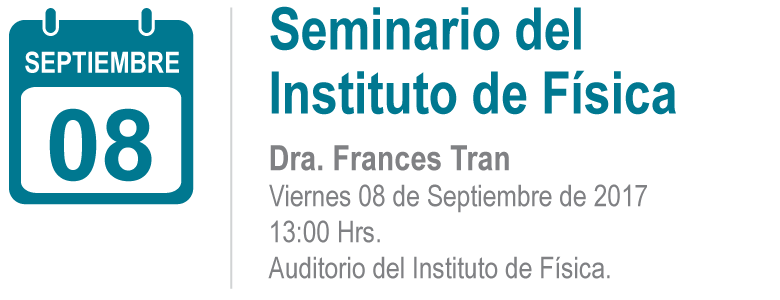
Procedencia: University of Southern California
Resumen:
Microbial communities prolifically colonize diverse and changing environments across the
planet and their persistence grows and is maintained through a wealth of intra and interspecies
communications that allow for both cooperation and competition. Microbial ecology is shaped
by extracellular exchange of molecules between bacterial cells, in the form of small molecules,
proteins, and genetic material enabling the detection and response to complex fluctuations
within populations and surrounding environments.
Horizontal gene transfer is a ubiquitous form of exchange in microbial ecosystems.
Sequence analysis suggests that 10% of microbial genomes consist of horizontally acquired DNA,
suggesting the existence of gene transfer mechanisms with low transmission barriers. Most
bacteria release extracellular vesicles (EVs) which are capable of gene delivery. We consider
multiple properties in plasmid physiology and the role they play in EV production, plasmid
packaging and subsequent DNA transfer. The dynamics of gene transfer between several species
of microbes is measured and we investigate parameters of both the donor and recipient
bacterial cell that contributes to vesicle-mediated DNA uptake. Using this system, we engineer a
system that targets and loads specific DNA into EVs for gene delivery. Our work suggests that
EVs may be a general mechanism for non-specialized exchange of genetic cargo between
microbial species that can shape and control microbial populations.










